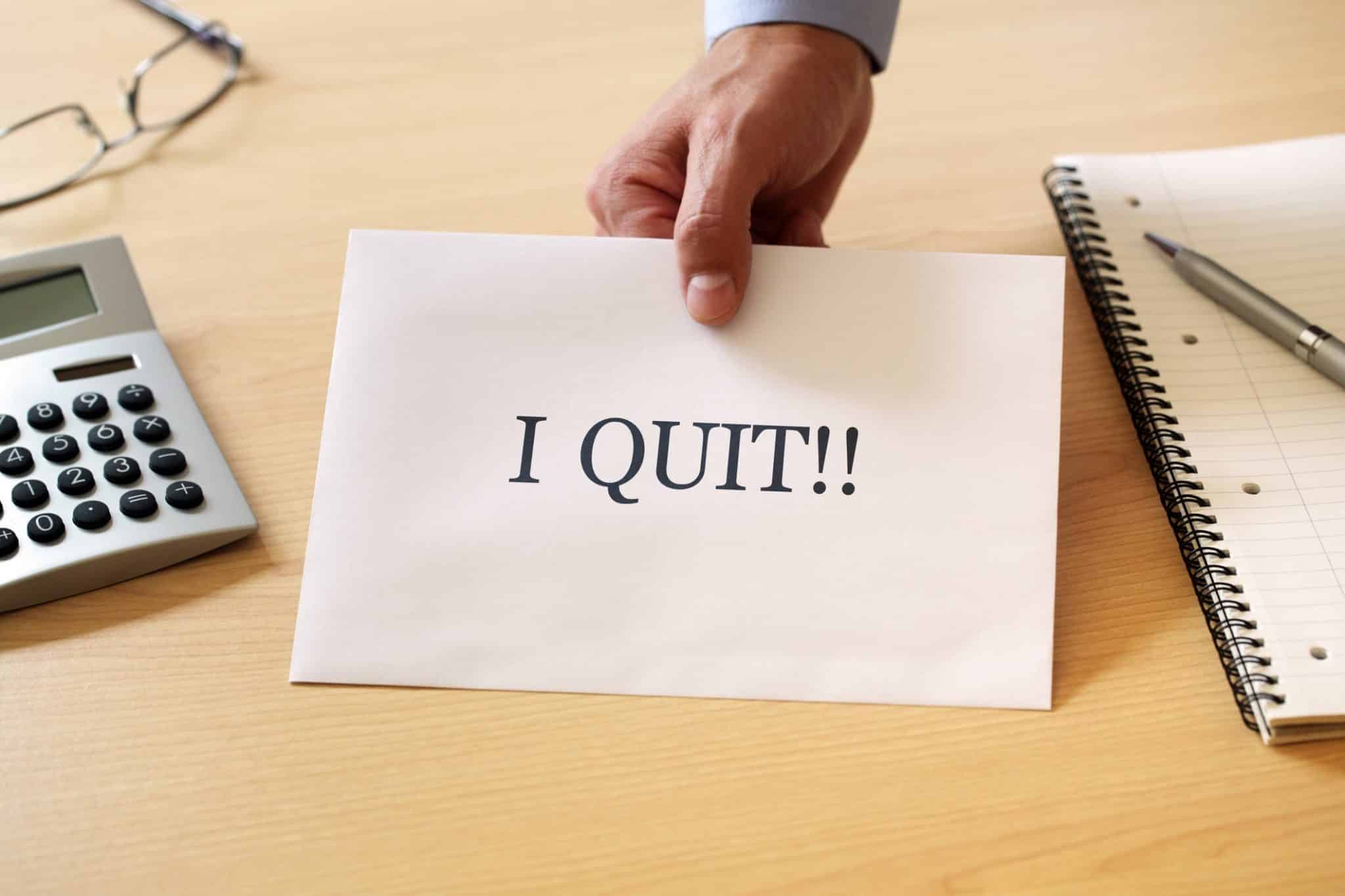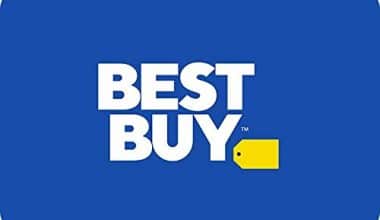Regardless of how large or small, your business is, selling it is not an easy job. Several complications may arise if you ignore any crucial element. Plus, often, you may even sell the business at a price that is much lower than the worth of your business. To ensure you don’t suffer such losses and receive the optimal amount from that deal, you must know and follow some strategies.
Sell Your Business Better Using These 5 Hacks!
Below, we mention five rules you must abide by when selling your business. These tips include the things you must follow and errors you should avoid.
#1. Be Careful With The Valuation
If you’re planning to sell your business, what amount will you quote for it? Is it even a reasonable or fair amount considering your firm’s financial standing? You don’t want to sell your business for peanuts, either. Precise valuation is, hence, a crucial step.
You can hire one of the business appraisers in your locality to handle the valuation procedures for you. Though, the appraisers should be well-reputed for their integrity and expertise. The better the appraisers are at their work, the better they can explain to you in detail all about their calculations and clarify your concerns.
In addition, when it comes to negotiations, you need financial proof to back up your quote. That’s the reason why you should be clear about the valuation yourself before explaining the financial and non-financial elements to the buyers.
#2. Keep Focusing On Your Business Until You Sell It
Just because you’re selling your business doesn’t mean you start ignoring it. Did you know that there are significant chances of your firm’s value decreasing even after the valuation procedures? Why? Because you started neglecting the operations and hence, your firm started experiencing lower sales and clients- or even losses!
That is why the critical mistake you must avoid is lowering your dedication towards the business until you sell it. That helps reduce the risk of your buyer backing off from their deal or demanding a lower price because of the sudden decline in your firm’s performance.
#3. Get All The Necessary Documents Ready Beforehand
Documents take time to get ready. So, as soon as you decide to sell your business, the first thing you must do is gather all the documents. You may need to contact your accountants or legal team to gather all the necessary financial and legal statements and information. Acting beforehand saves your time and speeds up the selling process.
Some of the essential documents you need include your tax returns, financial statements, lease and mortgage documents for your assets, valuation reports, and your firm’s statement of policies.
As a pro-tip, you should also include all the policies or reports related to your environmental responsibilities. Buyers are less likely to negotiate a significantly lower price if they see your contribution and dedication towards ecological practices. Though, that also depends on how much your buyer prioritizes environment-friendly alternatives.
#4. Hire A Business Broker
Why should you hire a broker and pay them a commission when you can sell the business yourself? You may have such thoughts. However, you must know that business brokers are essential.
Hiring a broker relieves you from the extra work that comes with selling your business. The broker is in charge of getting you the most optimal price for your firm and represents you in front of your buyers to discuss the dealings.
If you hire a broker for your business, you don’t have to make time for meetings, persuade them, or talk about contracts and other concerns. Your broker does all the work while you can focus on other crucial matters like preparing documents and keeping your firm stable and profitable.
#5. Don’t Spend All The Profits From The Sale Right Away!
Once you sign the contracts and receive your cash, now what? It’s the point where you should think and act strategically. Don’t be too hasty to invest or spend all the profits right away. Ideally, you should start planning for this moment as soon as you decide to sell your business.
Keep your ideas open and list a few possible ways you can use the cash wisely. Some advice for you: do consider the tax aspects of every possibility you have. You can use the money to invest in stocks, government instruments or to pay off your debts and mortgages. Do see that you don’t use all of the cash for one particular cause, though. Risk aversion is the key to offering you secured returns at lower risks.
What are the benefits of hiring a business broker?
Hiring a business broker can offer many benefits, including a wide network of potential buyers, experience in negotiating deals, and expertise in navigating the legal and financial aspects of selling a business. A business broker can also help you get the best price for your business.
What should I include in my sales package?
Your sales package should include detailed financial information about your business, including financial statements, tax returns, and a list of assets and liabilities. You may also want to include a detailed description of your business operations, a market analysis, and any other relevant information that will help potential buyers understand the value of your business.
How do I negotiate the sale of my business?
Negotiating the sale of your business requires careful consideration of your goals and the buyer’s needs. You may want to engage the services of a business broker or a lawyer to help you navigate the negotiation process and ensure that the terms of the sale are fair and favorable to you.
What should I look for in a buyer for my business?
When looking for a buyer for your business, you should look for someone who is a good fit for your business, has the financial resources to purchase your business, and is committed to its success. You may also want to consider the buyer’s experience, track record, and reputation in your industry.
What are the most important factors in determining the sale price of my business?
The most important factors in determining the sale price of your business include its financial performance, the current market conditions, the potential for future growth, and the buyer’s ability to pay. A business broker or a certified public accountant can help you determine the fair market value of your business.
How do I handle due diligence when selling my business?
Due diligence is the process by which a buyer investigates the financial and operational aspects of your business before making an offer. You can expect the buyer to request financial records, tax returns, contracts, and other relevant information. A business broker or a lawyer can help you navigate the due diligence process.
Final Thoughts
Dealing with the valuation and connecting with potential buyers is complex if you don’t know how to handle such situations. That’s why we included the five tips you can take assistance from when selling your business.
What are you waiting for now? Take action today, and be sure you don’t agree for anything less than what your firm is worth. Good luck!






